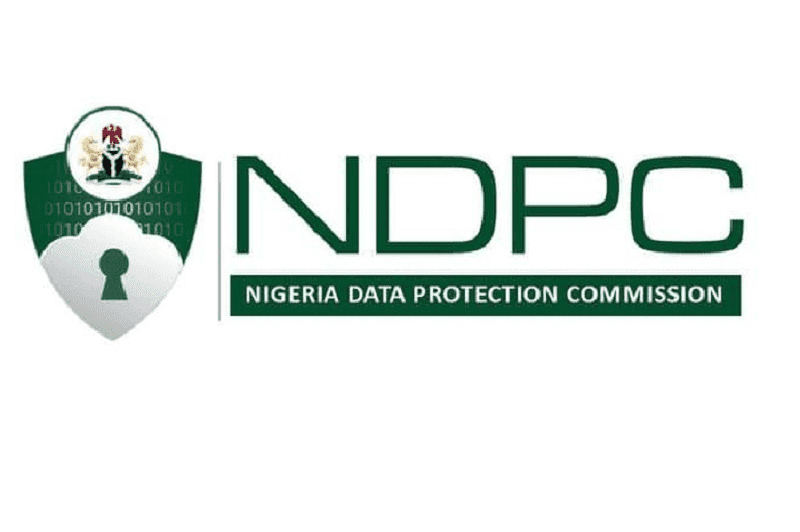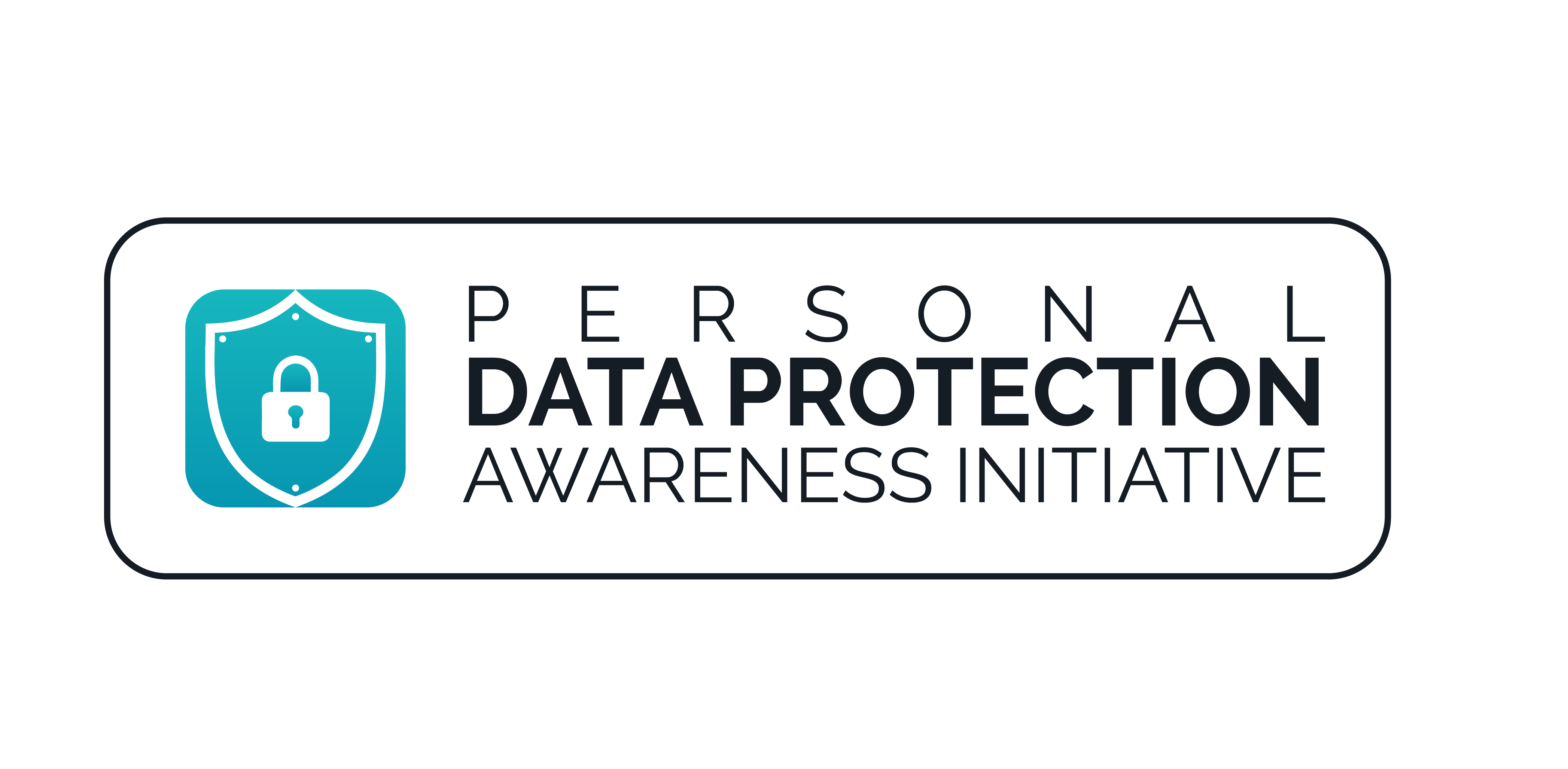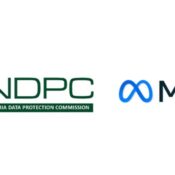
What the NDPC’s Public Listing of 1,368 Non-Compliant Organizations Reveals About Nigeria’s Data Protection Landscape
The Nigeria Data Protection Commission has crossed a regulatory Rubicon. By publicly naming 1,368 organizations that failed to meet basic compliance requirements, the Commission has moved from private enforcement to public accountability, fundamentally altering how data protection operates in Nigeria’s business environment.
This isn’t merely another regulatory announcement. It is the emergence of transparency as an enforcement tool, where institutional failures to protect personal data become matters of public record. When regulators make compliance failures visible to the very people whose trust depends on these institutions, they are reshaping the entire social contract between organizations and data subjects.
The Anatomy of Widespread Non-Compliance
The investigation reveals staggering compliance gaps across Nigeria’s most data-intensive sectors: 795 financial institutions, 392 insurance broker firms, 35 insurance companies, 136 gaming companies, and 10 pension companies. These organizations failed to meet fundamental obligations like appointing Data Protection Officers, filing annual compliance audit, and registering with the Nigeria Data Protection Commission as required under the Data Protection Act 2023.
While mass enforcement was expected, the public naming represents a novel approach that signals new regulatory resolve. This shift from confidential compliance discussions to public accountability creates immediate reputational consequences that extend far beyond financial penalties.
The scale of non-compliance exposes a systemic problem. Many organizations collecting personal data have operated without basic safeguards or accountability mechanisms. When nearly 800 financial institutions handling some of the most sensitive personal information in the economy fail to meet fundamental compliance requirements, it reveals an institutional trust deficit that threatens Nigeria’s digital transformation.
Reputational Consequences and Market Dynamics
The public nature of this enforcement creates new dynamics across Nigeria’s business landscape. Organizations on the NDPC’s list are facing customer inquiries, partner concerns, and stakeholder questions about their data handling practices. Social media discussions demonstrate growing public awareness that data protection compliance serves as a proxy for institutional reliability and trustworthiness.
For everyday Nigerians, this revelation carries immediate practical implications. The institutions they trust with their most sensitive information, including banks, insurers, and gaming platforms, may lack basic data protection infrastructure. This isn’t abstract regulatory failure. It is a breakdown of the fundamental promise that personal data will be handled responsibly.
This public accountability mechanism creates powerful market incentives. Organizations that might have delayed compliance investments due to resource constraints now face immediate pressure to demonstrate commitment to protecting customer data not just to satisfy regulators, but to maintain customer confidence and competitive positioning.
The SME Challenge
For small and medium enterprises, appearing on this list represents an existential threat extending beyond regulatory penalties. SMEs typically lack the brand equity that might help larger organizations weather reputational damage. When a microfinance bank or gaming operator appears on a public non-compliance list, customers have limited reasons to maintain relationships rather than switching to compliant competitors.
The 21-day compliance window created particular challenges for resource-constrained organizations. Appointing qualified Data Protection Officers, documenting technical safeguards, and preparing audit submissions requires both financial investment and operational expertise that many SMEs lack. Yet continued non-compliance poses even greater risks to business sustainability.
However, forward-thinking SMEs are treating this enforcement action as an opportunity rather than a crisis. By moving quickly to establish robust data protection practices, they can differentiate themselves from non-compliant competitors and position themselves advantageously for customer acquisition.
Professional and Policy Implications
For data privacy professionals, this enforcement action validates warnings about compliance risks and demonstrates the maturation of Nigeria’s regulatory environment. The public nature of enforcement elevates the strategic importance of privacy expertise within organizations and strengthens the business case for proactive data protection investment.
The investigation highlights critical gaps in professional infrastructure supporting compliance shortage of qualified Data Protection Officers, limited specialized expertise, and the absence of industry-specific guidance. This enforcement action will likely accelerate professionalization of Nigeria’s data protection sector as organizations seek qualified expertise to navigate compliance requirements.
For policymakers, the investigation demonstrates both the necessity and effectiveness of transparent enforcement. Public accountability creates market-driven incentives for compliance that supplement regulatory penalties, potentially reducing enforcement burden while improving compliance outcomes.
The Transparency Inflection Point
Nigeria has reached a critical juncture in its digital governance journey. The NDPC’s public identification of non-compliant organizations signals the emergence of a new social compact where institutional trustworthiness becomes visible and verifiable rather than assumed.
This transparency revolution extends beyond immediate compliance to fundamental questions about how Nigeria’s digital economy operates. Organizations can no longer treat data protection as a back-office concern divorced from customer relationships and competitive positioning.
Conclusion
The investigation reveals both the scale of current compliance gaps and the urgency of addressing them. This moment represents more than regulatory enforcement. It is the birth of genuine accountability in Nigeria’s data protection landscape. Organizations that embrace authentic commitment to protecting personal information will thrive in an environment where trust becomes the ultimate competitive advantage. Those who don’t will discover that public accountability means public consequences.



